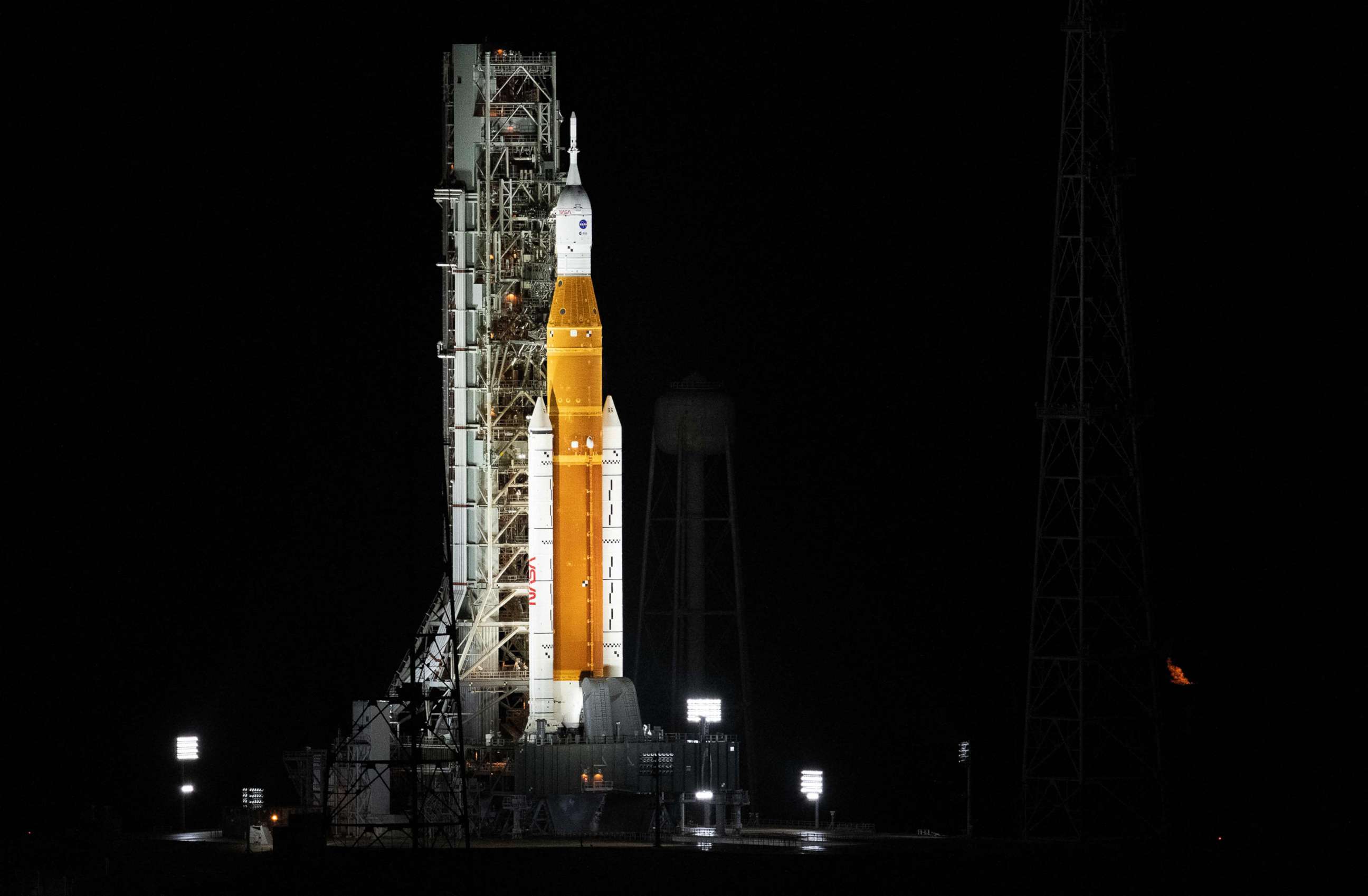NASA scrubs Artemis I launch
NASA announced a few minutes after Artemis I was initially scheduled to lift off that the launch has been scrubbed.
Engineers said the problem came from a liquid hydrogen line that was not chilled enough inside one of the rocket’s four core-stage engines, which needs to occur before they can be ignited.

The next attempt will occur on Sept. 2.




